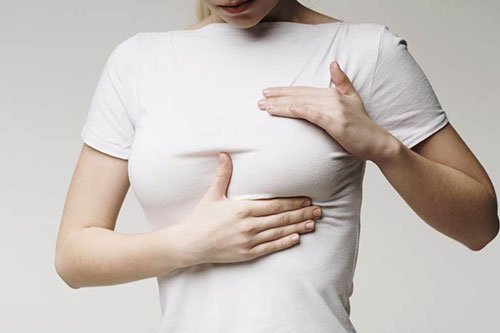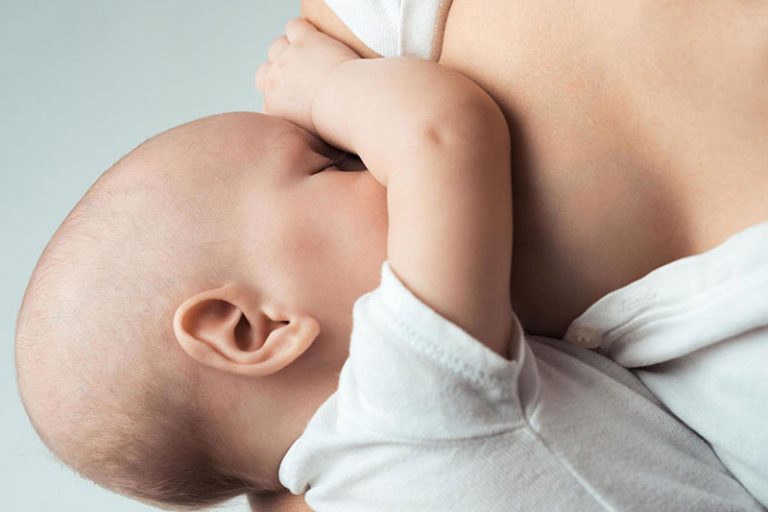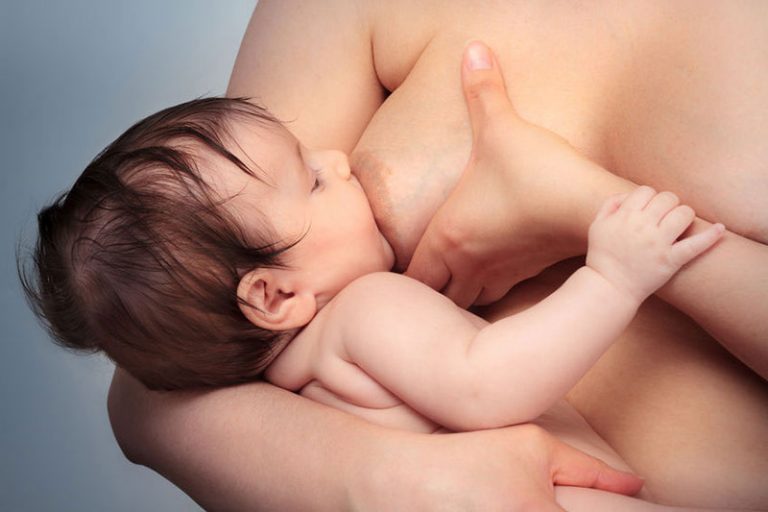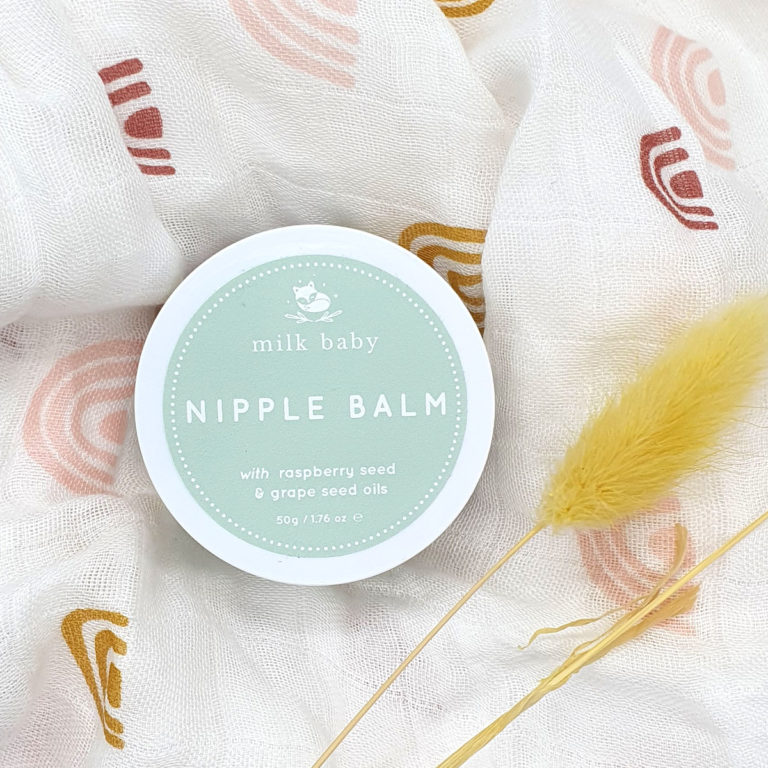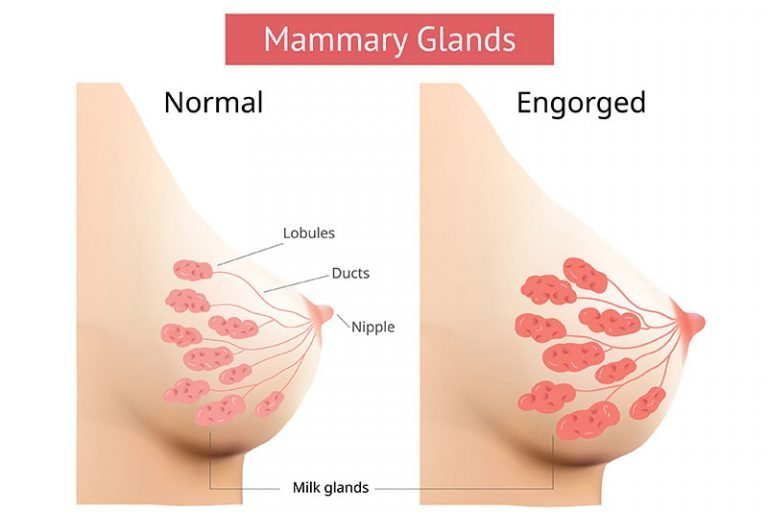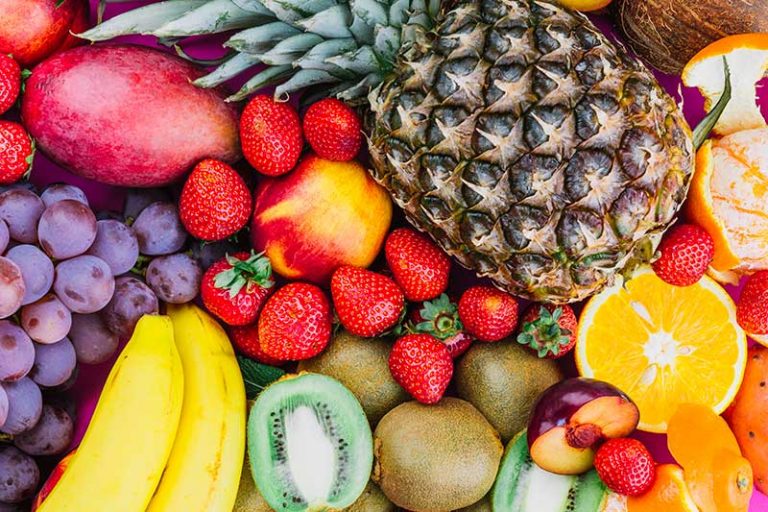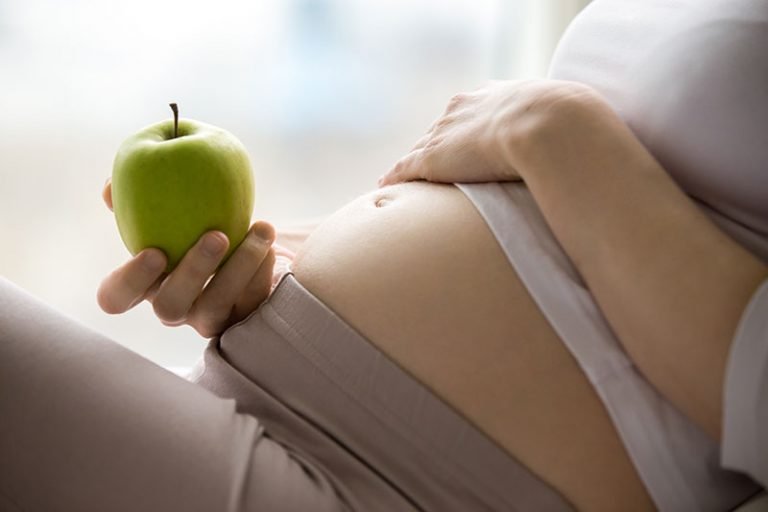Common Breastfeeding Problems
Sore nipples
A lot of mothers complain about tender nipples that make breastfeeding painful and frustrating. There is good news though, as most mothers don’t suffer that long. The nipples will toughen up quickly and render breast feeding virtually painless
Improperly positioned babies or babies that suck really hard can make the breasts extremely sore.
Below, are some ways to ease your discomfort:
- Make sure your baby is in the correct position, since a baby that isn’t positioned correctly is the number one cause of sore nipples.
- Once you have finished feeding, expose your breasts to the air and try to protect them from clothing and other irritations.
- After breast feeding, apply nipple balm.
- Make sure to wash your nipples with water and not with soap.
- Many women find teabags ran under cold water to provide some relief when placed on the nipples.
- Make sure you vary your position each time with feeding to ensure that a different area of the nipple is being compressed each time.
- If using breast pads, make sure your nipples are clean and dry between replacements.
Blocked milk ducts
Blocked milk ducts can be identified as small, red tender lumps on the tissue of the breast. Clogged ducts can cause the milk to back up and lead to infection. The best way to unclog these ducts is to ensure that you’ve emptied as completely as possible. You should offer the clogged breast first at feeding time, then let your baby empty it as much as possible.
If milk remains after the feeding, the remaining amount should be removed by hand expressing or with a breast pump. You should also keep pressure off the duct by making sure your bra is not too tight.
Breast infection
Also known as mastititis, breast infection is normally due to empty breasts completely out of milk, germs gaining entrance to the milk ducts through cracks or fissures in the nipple, and decreased immunity in the mother due to stress or inadequate nutrition
The symptoms of breast infection include severe pain or soreness, hardness of the breast, redness of the breast, heat coming from the area, swelling, or even chills.
The treatment of breast infection includes bed rest, antibiotics, pain relievers, increased fluid intake, and applying heat. Many women will stop breastfeeding during an infection, although it’s actually not an ideal thing to do. By emptying the breasts, you’ll actually help to prevent clogged milk ducts.
If the pain is so bad you can’t feed, try using a pump while laying in a tub of warm water with your breasts floating comfortably in the water. You should also make sure that the breast pump isn’t electric if you plan to use it in the bath tub. A manual or silicone breast pump will be ideal for the bath.
You should always make sure that breast infections are treated promptly and completely or you may risk the chance of abscess. An abscess is very painful, involving throbbing and swelling. You’ll also experience swelling, tenderness, and heat in the area of the abscess. If the infection progresses this far, your doctor may prescribe medicine and even surgery.

